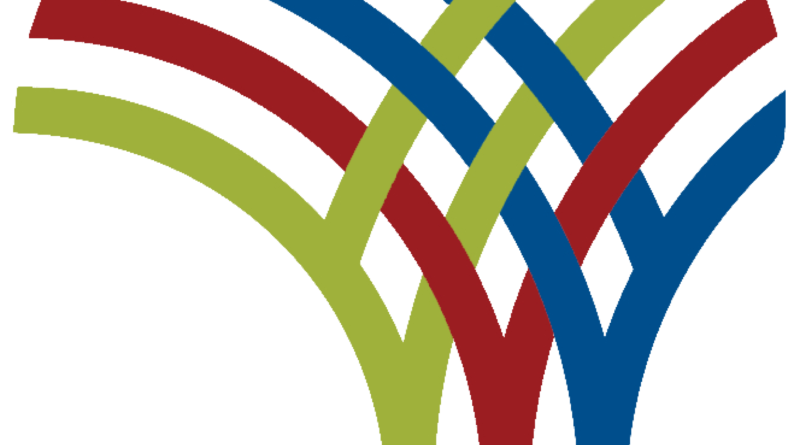Congo-Kinshasa: UN Rights Official Denounces Rising Hate Speech, Incitement
By Moise M. Bahati
The United Nations High Commissioner for Human Rights, Volker Türk, has said he is “concerned about the rise in ethnic-based hate speech and incitement to violence” in eastern DR Congo.
Türk said hate speech and incitement to violence was on the rise since the December 20, 2023 elections, especially in the provinces of North Kivu, South Kivu as well as in the Kasaï and Katanga regions.
“Hateful, dehumanizing and inciteful rhetoric is abhorrent and can only deepen tension and violence in the DRC itself, as well as putting regional security at risk,” Türk said in a statement on January 7.
“I note efforts by some authorities against this behaviour, but stronger actions are needed.”
The UN’s Office for Genocide Prevention has issued warnings of atrocities in eastern DR Congo since at least November 2022.
Hate speech and ethnic violence against Congolese Tutsi communities has been reported by the office headed by Alice Wairumu Nderitu.
Nderitu linked the ethnically motivated violence to the existence of the FDLR, a UN-sanctioned militia formed by remnants of the perpetrators of the 1994 Genocide against the Tutsi in Rwanda, who took refuge in DR Congo.
Some Congolese politicians have been linked to the spread of hate speech.
In December 2022, a former minister, Justin Bitakwira, was sanctioned by the European Union for sustaining the insecurity in eastern DR Congo.
DR Congo’s army is accused of collaborating with the FDLR in the war with the M23 rebels in North Kivu.
Eastern DR Congo is home to more than 130 armed groups. Multiple interventions including one of the largest UN missions – MONUSCO – failed to end decades of violence in the country.

